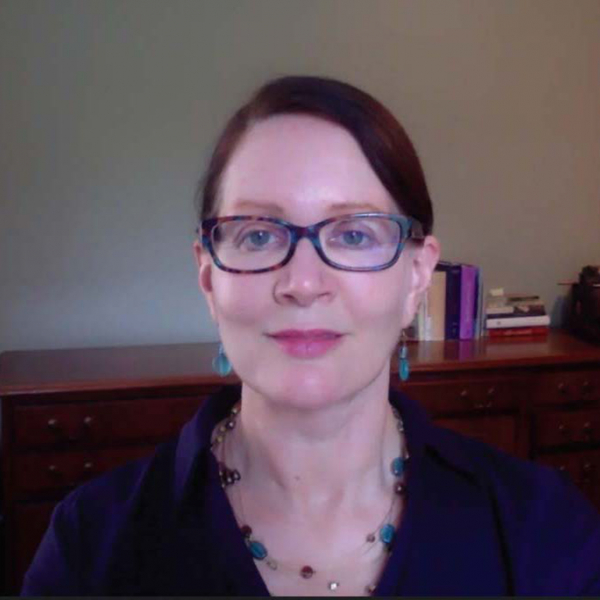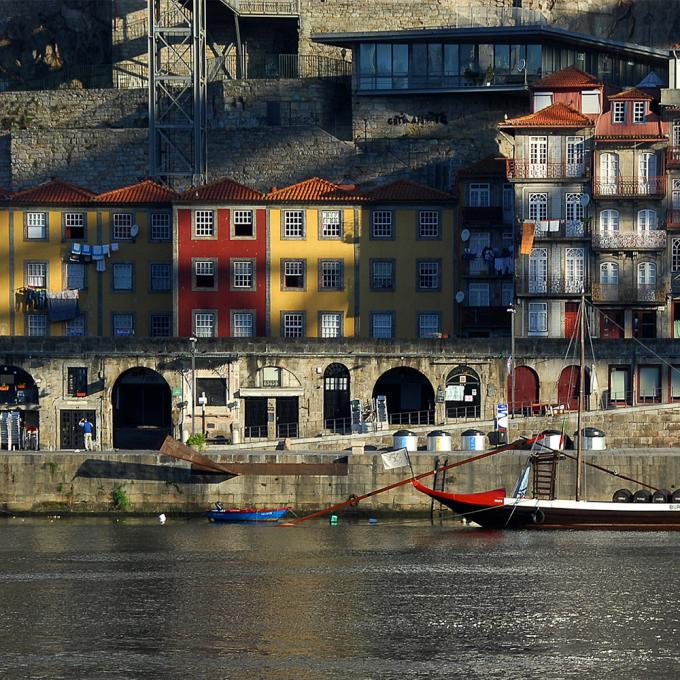Professor Messbarger's major research interests center on Italian Enlightenment culture, in particular the place and purpose of women in civic, academic and social life, and the intersection of art and science in the production of anatomical wax models during the age.
Her research centers on the Italian Enlightenment, in particular the intersection of anatomy and art, and medicine and religion, and the shifting roles of women in civic and academic life during the age.
Her most recent monograph, The Lady Anatomist: The Life and Work of Anna Morandi Manzolini (U of Chicago Press, 2010) traced the remarkable life of the 18th-century Bolognese woman from provincial artist to internationally renowned anatomist and anatomical modeler for the University of Bologna’s famous medical school. She is the author of numerous articles, including “The Re-birth of Venus in Florence’s Royal Museum of Physics and Natural History,” in the Oxford Journal of the History of Collections, winner of both the James L. Clifford Prize and the Percy Adam’s Prize for the best article in 2012-13. Most recently, she co-edited with Christopher Johns and Phil Gavitt the volume Benedict XIV and the Enlightenment: Art, Science and Spirituality (U of Toronto Press, 2016).
She has received fellowships from the Andrew W. Mellon Foundation, the National Endowment for the Humanities, the Philosophical Society, and Washington University’s Center for the Humanities, and is a faculty scholar at Washington University's Institute for Public Health.





